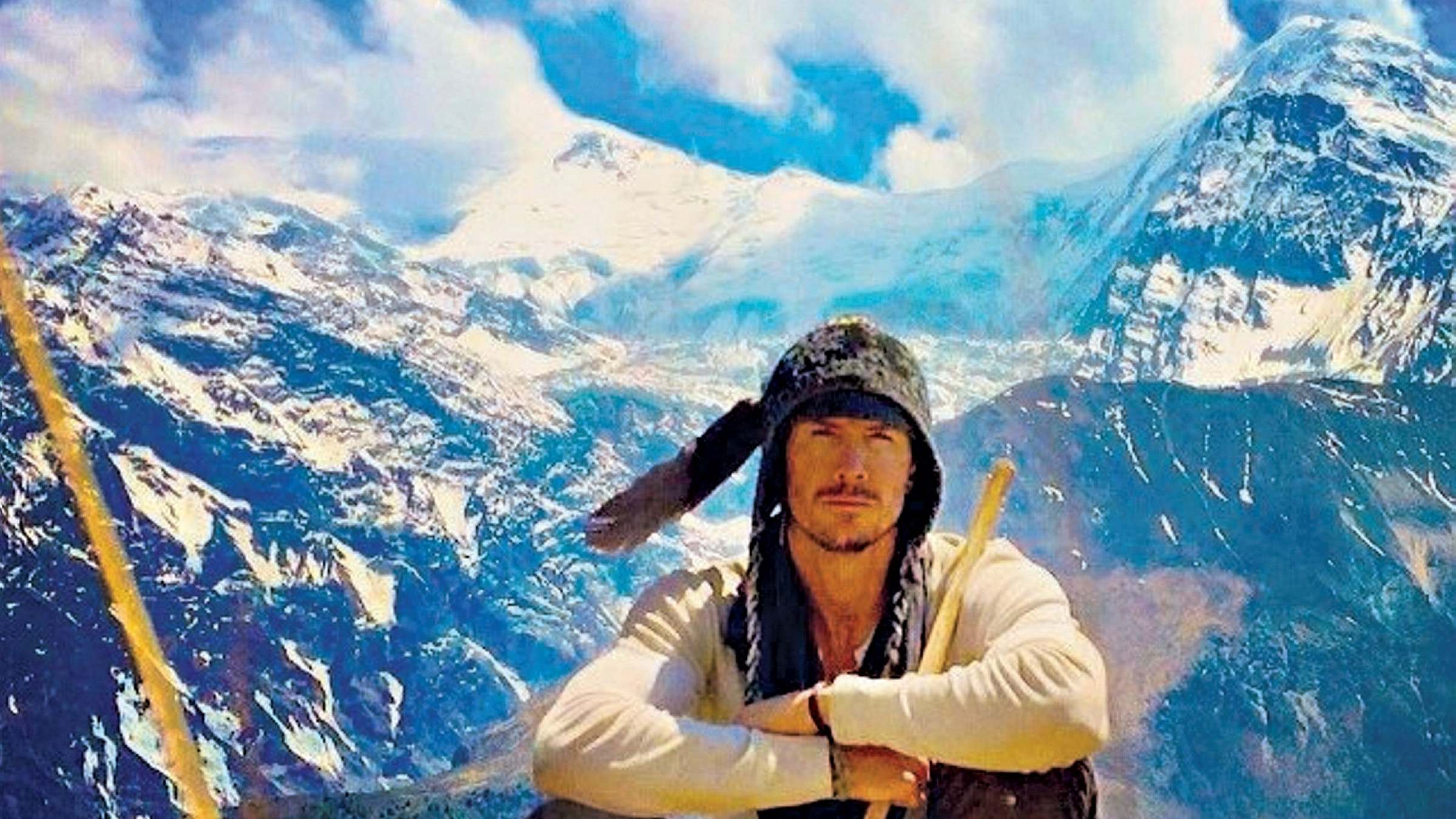
I recently finished reading Harley Rustad's Lost in the Valley of Death. It tells the story, a true story, of an American named Justin Alexander Shetler who devoted his too short life to finding who he was and how he fit into the world. Some of you may have seen his posts on Facebook or Instagram under the name "Justin Alexander."
Although Justin's quest is one common to all of us, the fervor with which he pursued it, traveling across the globe and trekking through some of the most remote regions on the planet, is one not many of us share. For Justin, identifying his purpose was his life's mission. And he was willing to endure all manner of hardship and set everything aside to find it.
As I read Rustad's account, I often thought of a trek, a backpack, I made many decades ago through the remote Brooks Range in the far arctic wilds of Alaska. Like Justin, I was intent on finding my place and meaning in this life, and was willing to go to the most isolated portions of the world to find it. As I hiked through the Brooks, I was hundreds and hundreds of miles from any other human being. It was just me, the grizzly bears (along with caribou and Dall sheep), and hundreds of square miles of mountains and tundra.
Happily, I survived. I could easily have not. But I didn't find what I was looking for in those vast stretches of arctic wilderness. Nor did I find it anywhere else. That's why I find Justin's story at once fascinating and tragic. Fascinating for its adventures, tragic for its end.
Transcendence, Justin understood--and which I finally came to understand as well--is key to meaning. But it must be a personal transcendence, a direct and visceral encounter with the metaphysical enveloping us all. Otherwise, we're only looking at ourselves.
Rest well, Justin.
No comments:
Post a Comment